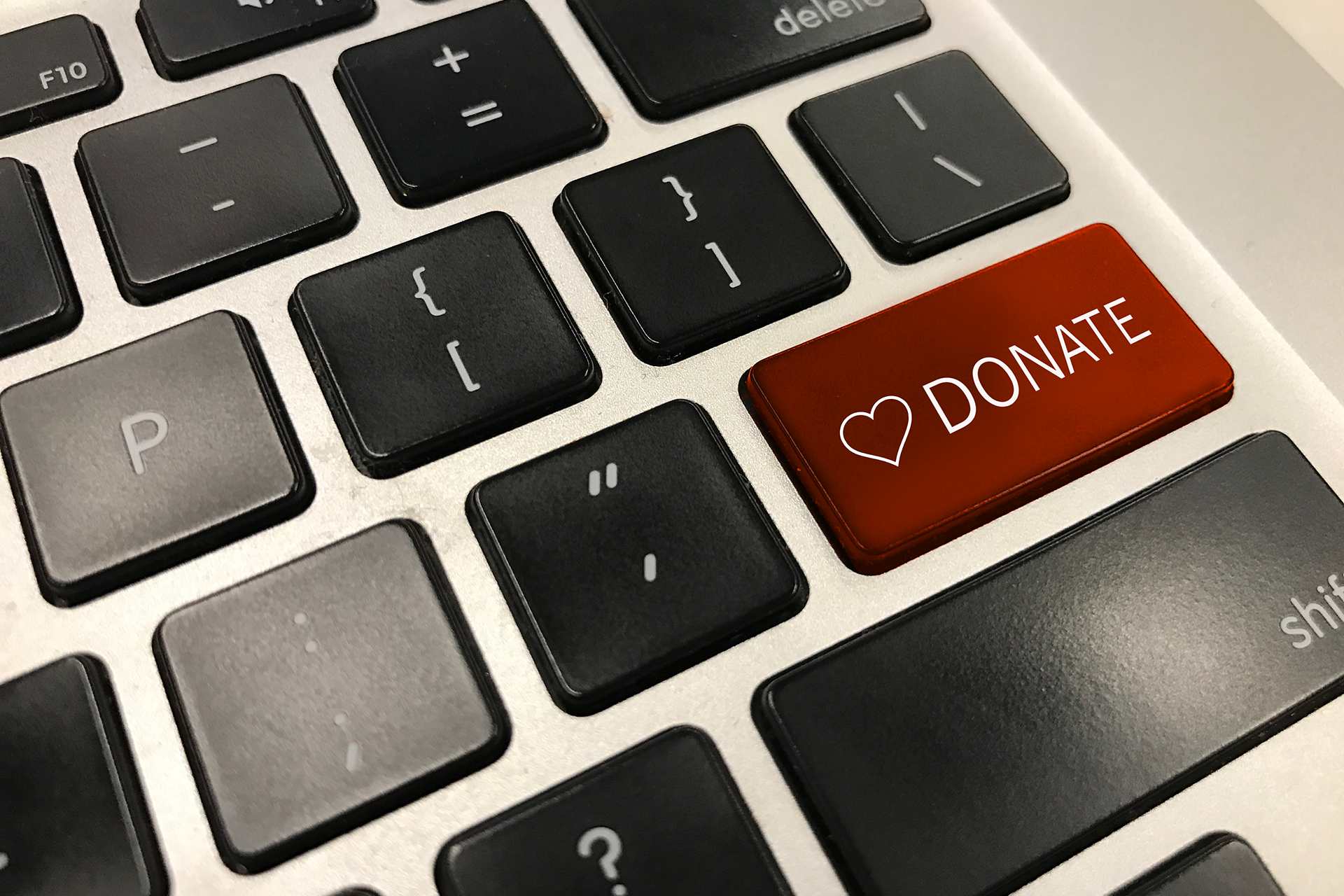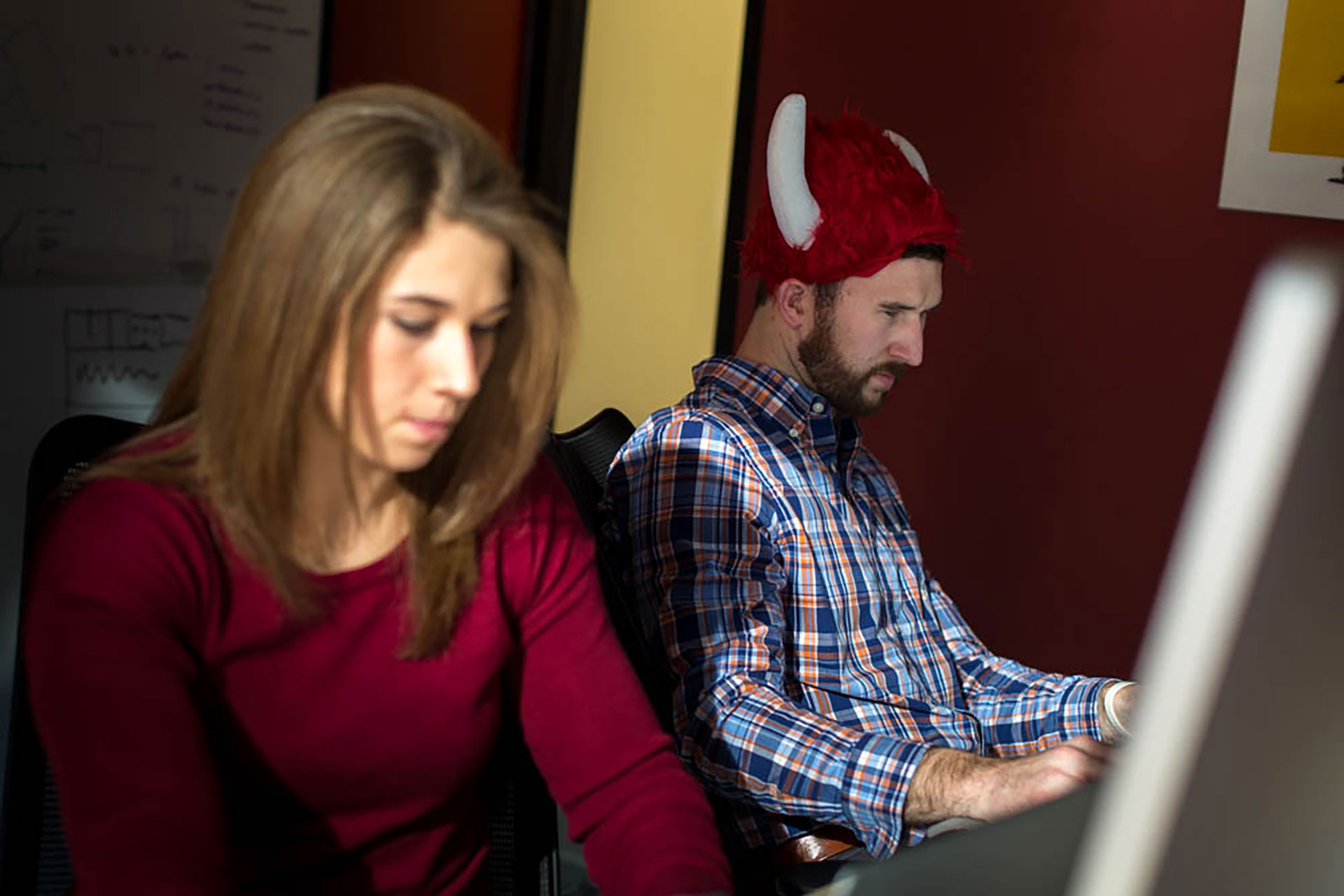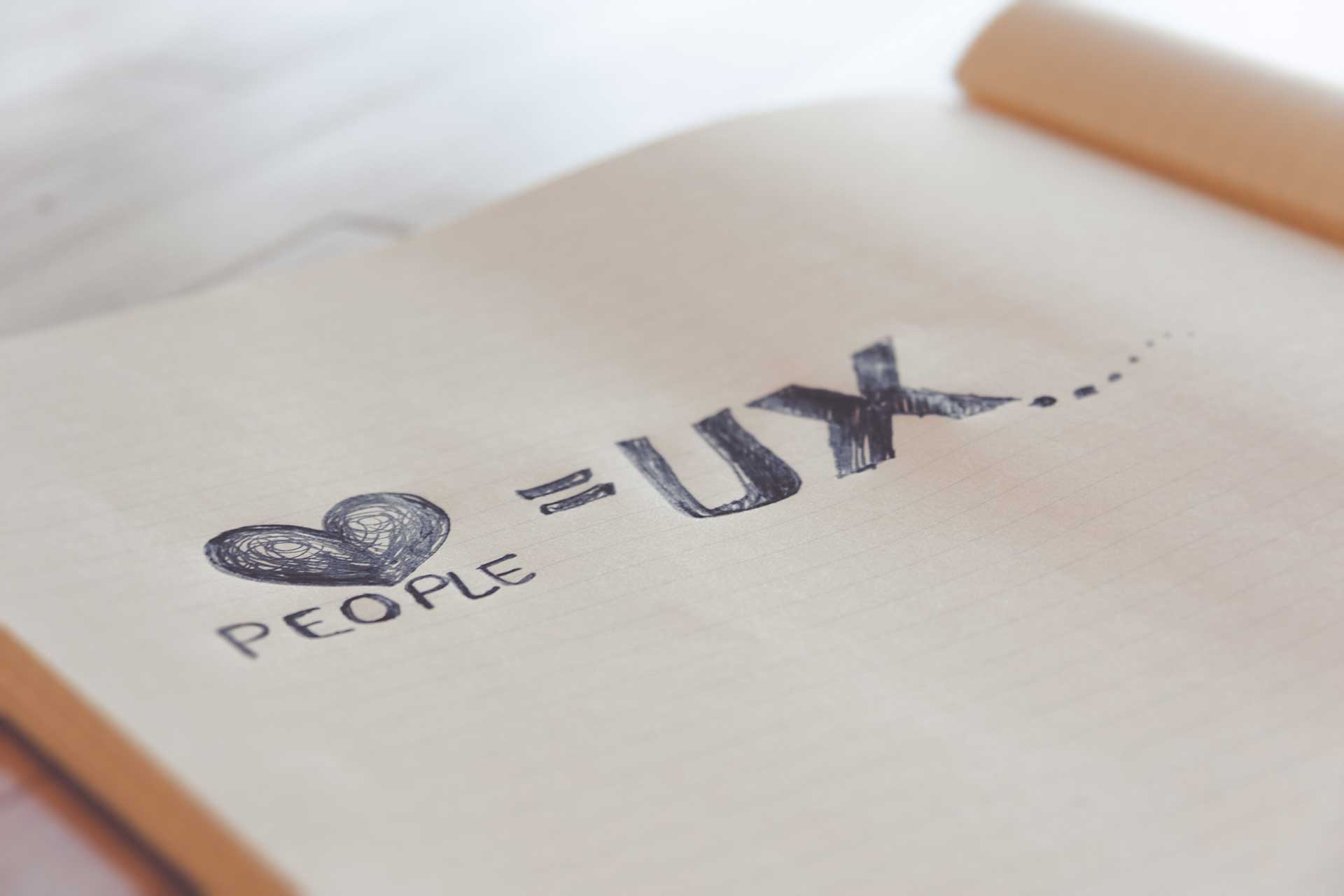Work and Play Keeps the Doctor Away
4 min read
We don’t stop playing because we grow old. We grow old because we stop playing.” George Bernard Shaw
I was reading Redbook Magazine the other day – no, this is not my normal reading material, but I was at the gym with limited choices – and came across an article about “adult play”. You might be worried about where I’m going with this, but don’t be, it’s as G-rated as a mean game of Candy Land. This article talked about the importance of adults taking time to play (as in a game of Wii bowling, ping-pong, or I Spy).
At some point in our lives we become lost in our responsibilities. Our days are as rigorously scheduled as a military operation:
0500 wake up
0515 work out
0600 shower
0625 apply make up
0650 wake up kids
0700 dress kids
0720 feed kids
0755 drop off kids
0800 eat granola bar on way to work
0815-1200 work
1205 lunch
1245-1645 work
1700 pick up kids
1715 baseball practice
1730 piano lesson
1800 cook supper
1830 eat supper
1930 homework
2030 bath time
2100 put kids in bed
2200 put yourself in bed
… and repeat.
Sound familiar? In a day like that, you probably wonder how you make time to go to the bathroom, let alone “play”.
This article wasn’t just written by some “grown up” who wants to have more fun; there has been actual research done on the subject. After following over 6000 participants, researchers found that play deprivation can have similar consequences to sleep deprivation. No, I’m not talking about dark circles and crazy eyes, a lack of play can actually reduce your overall wellness and happiness; and when it comes to life, those two things are pretty crucial (otherwise, what’s the point?). Which means playing is as important as vitamins and exercise. I bet nobody told you that when you were a kid.
As children, we didn’t need scheduled recess to play. We had imaginary friends, tea parties, and coloring books. We could be anything we wanted: a blanket cape and a spatula wand and you were the Wicked Witch of the West; blue tights and a ski mask and you were slinging walls as Spiderman; and by getting on all fours and letting out a few barks you were the family dog in the game of “house” (and that house was made out of cardboard). Heck, we even ran for the fun of it, who does that anymore? (Those of you who answered “me” are either lying to yourselves or have a warped sense of “fun”) The problem is, somewhere along the way, we are told that we can only have real friends. We become aware that we can’t be anybody but ourselves, and that homes aren’t built out of cardboard. We lose a little magic and play is replaced by work.
Companies are starting to take note that “all work and no play” isn’t good for their employees or their productivity. Google, an early adopter of the less conventional workplace, has a slide to their cafeteria (and who doesn’t love a good slide?). Their offices are filled with fun things like fireman poles between floors, pinball and pool tables. They invested in workspaces like these because they know that playing can increase productivity, innovation, and creativity – three things vital to Google’s success. Other reasons to play at work:
- Risk taking, confidence and embracing unusual perspectives are all part of playing. Turns out those things are pretty important in work as well.
- Playing can increase job satisfaction, well being and strengthen social bonds. It makes people want to come to work, and employees who want to be there are much more pleasant.
- Positive emotions make people more cooperative and social. They also perform better on complex tasks – cooperative, friendly, and highly functional? Yes, please.
- Happy workers are more productive workers
- Playing can decrease stress (duh). But what is important to employers about this? Lowering stress levels can decrease health-related absences and costs. What’s important to you about this? Lowering stress is better for your health and your looks; chronic stress accelerates aging, and nobody wants that.
- Bringing play into the office shows employees they are valued and that balance is important.
When you are in a “state of play” (as the experts call it) you are doing something for the pure enjoyment of it. You are playing because it’s fun, not because you need to burn off the calories from the cupcake you ate after lunch.
Despite all of those reasons, many people are still very surprised when I tell them about our “less conventional” office. I can’t count the number of times I have heard, “Do you guys do any actual work?” or “I can’t believe all the games!” or “You guys must have a lot of fun”. Of course my answer is always “yes”. Yes, we do actual work. Yes, I know, we do have a lot of games. Yes, yes we do, have a lot of fun.






